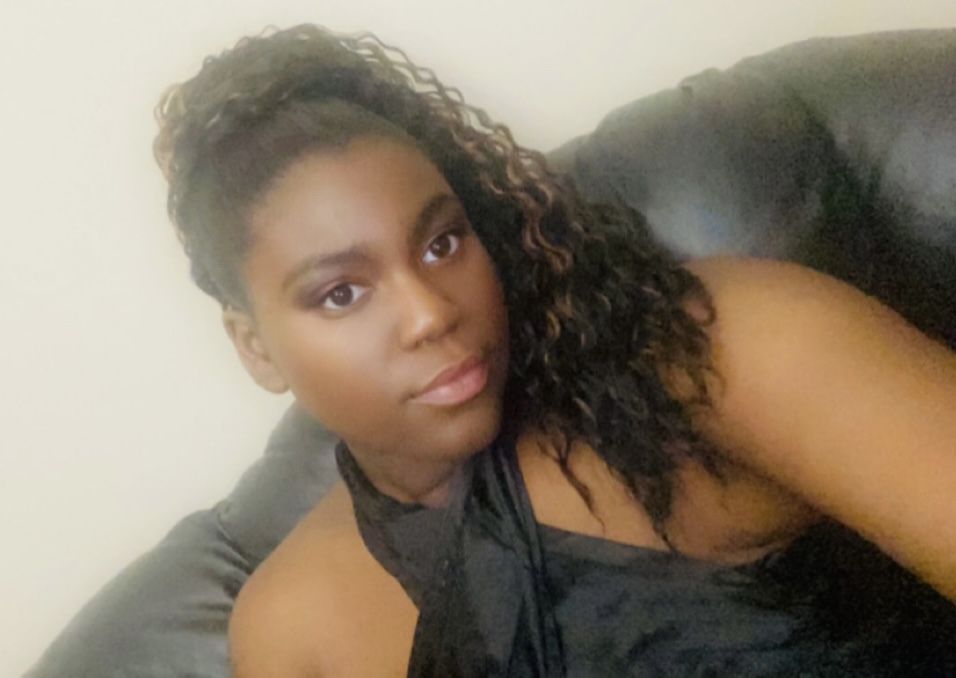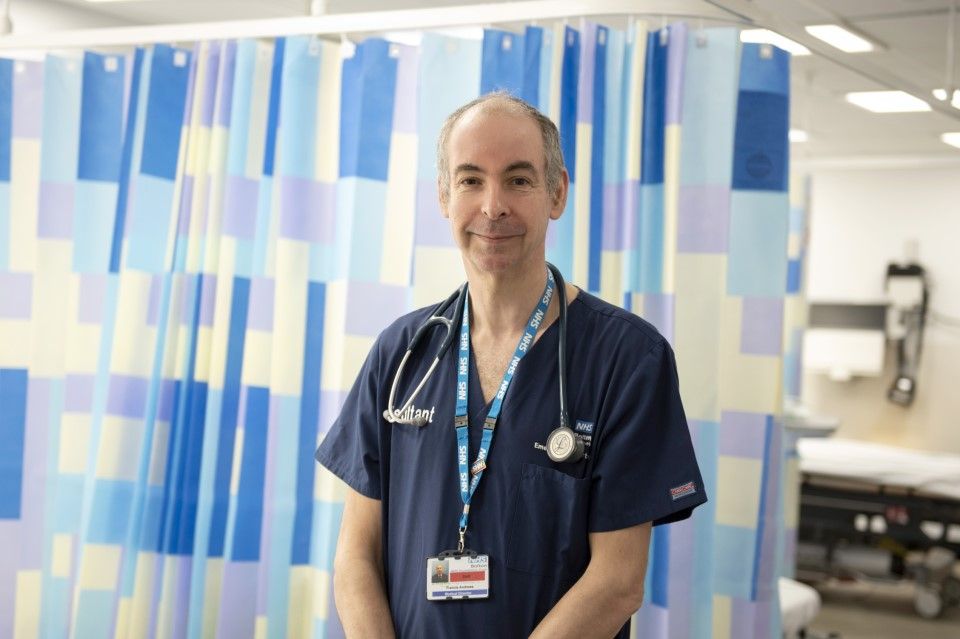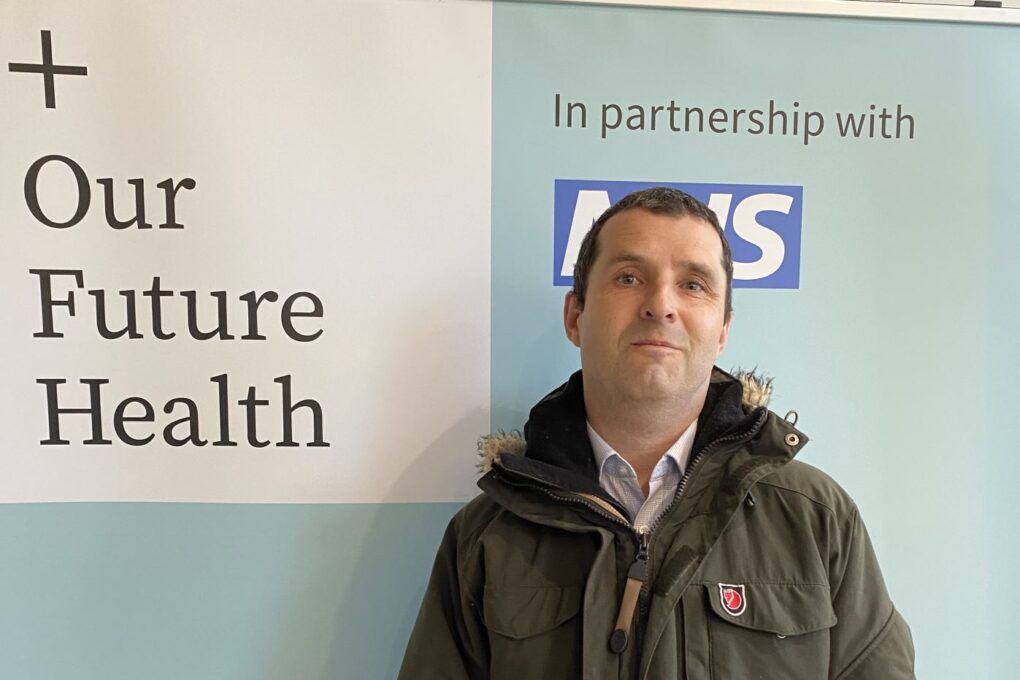Why type 2 diabetes is motivating people to sign up for Our Future Health

Type 2 diabetes is one of the biggest health challenges in the UK. The condition effects an estimated 4.5 million Britons, with two million more at high risk of developing it. Those numbers are projected to increase significantly over the next 10 years.
The condition can be the result of a range of factors, including ethnicity, family history, and lifestyle factors such as diet. For a patient, not only can type 2 diabetes make day-to-day life more challenging, due to symptoms such as fatigue and thirst, but long-term it can lead to a range of health problems. These include – but are not limited to – heart disease, stroke, kidney conditions and blindness.
By taking part in Our Future Health’s research, our volunteers are helping to provide scientists with the data they need to tackle type 2 diabetes. (You can find out more about how this will happen by reading our in-depth explainer.)
Here, four Our Future Health participants reveal how type 2 diabetes prompted them to take part, and why they hope this research will change future detection and treatment of the condition.
‘I’ve had pre-diabetes – I know what a big difference small changes can make’
Vidya Potter is a preschool teacher from Croydon:
“Type 2 diabetes and stroke are in my family history, so I joined Our Future Health to help my children in the future. If Our Future Health can help us to identify risk factors early, we will know more about what we can do to prevent these diseases from developing.
My dad had type 2 diabetes and both he and my mum died from stroke. I’ve been diagnosed as pre-diabetic before, after a routine test at the GP surgery. My doctor told me that making changes to my diet and activity levels can help to keep my blood sugars in the healthy range. I learned to follow a better diet – for example, I now eat wholemeal rice instead of white rice. I also go for a walk for half an hour every day.
The changes to my lifestyle meant that I stopped my pre-diabetes from progressing to type 2 diabetes. Tests from my GP confirmed that I am no longer on the border.
If Our Future Health can go even further to helping us identify risk factors that could help my kids, why wouldn’t I take part?”
‘I reversed my type 2 diabetes’
Dr Francis Andrews, from Prescot, is a Medical Director & Emergency Medicine Consultant at Bolton NHS Foundation Trust

“To my amazement, I found out I had type 2 diabetes at a health screening in 2019. I had been feeling really tired and lethargic but had put it down to working long hours.
Doctors were keen for me to take medication, but I discovered some fantastic research that showed weight loss could reverse type 2 diabetes.
I started following a low-carbohydrate diet and doing more exercise – playing badminton, going to the gym and cycling. I lost 15kg in weight, reversed my diabetic diagnosis, and I’m now extremely fit. I’m a different person now in terms of energy levels and it’s helped my mental health, too.
Thanks to that medical research I was able to change my lifestyle and massively reduce the risk to my future health by getting diagnosed early. That’s just one example of how medical research can improve our health outcomes.
Our Future Health is a unique opportunity. The data will allow us to detect diseases much earlier than we do at the moment.”
(You can read more about why Dr Andrews is supporting Our Future Health by clicking here.)
‘I want to know if there’s anything I can do to prevent me getting type 2 diabetes’
Chantelle Asiamah (pictured at the top of this article) is a student midwife who lives in Croydon
“My mum has type 2 diabetes that she developed later in life. I’ve always wondered if that’s something I could develop and I’m hoping this research will one day help me understand if there’s anything I can do to prevent it.
As a young person, we often don’t focus much on what’s going on inside our bodies, but I think it’s important to know what’s happening so that we can prevent something happening in the future and counteract it while we’re still young. We think we’re young and carefree and we’ll take more care when we get older.”
‘Diabetes runs in my family – I’m worried I’ll get it too’
Gavin Wood is a civil servant who lives in Saltaire

“I signed up to Our Future Health because I was interested to be part of a wider study. If we can add to a body of data that improves medical science, that has to be a good thing. As a parent, I want to bring my kids up in a system grounded in science and research.
Type 2 diabetes is in my family. My mum and dad both had it. It worries me that I’ll get it.
My cholesterol result during my Our Future Health appointment was high. I was recommended to see my GP.”
You can find out more about diabetes at Diabetes UK’s website. The resource includes a list of signs and symptoms of the condition.

Let’s prevent disease together
By volunteering for Our Future Health, you can help health researchers discover new ways to prevent, detect and treat common conditions such as diabetes, cancer, heart disease, stroke and Alzheimer’s.